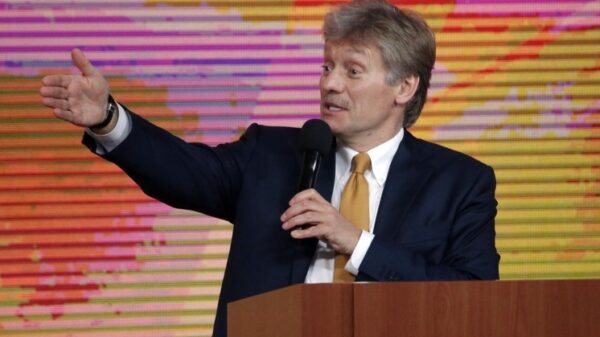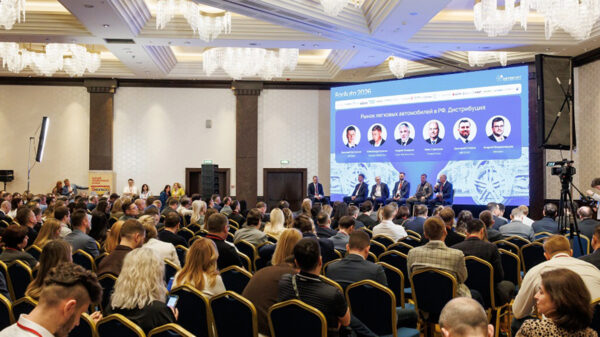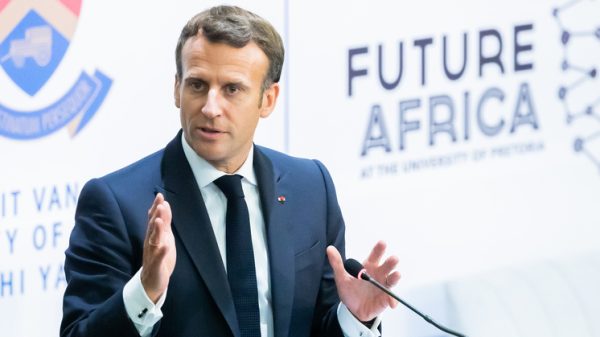 Professor Ferguson also told the inquiry that the UK «never had a serious chance of preventing infection from entering the country»; Photo: UK Covid-19 Inquiry/PA
Professor Ferguson also told the inquiry that the UK «never had a serious chance of preventing infection from entering the country»; Photo: UK Covid-19 Inquiry/PA
The scientist whose findings prompted the first lockdown admitted it would cause economic pain and hit the poorest people hardest, just days before the study was published, Covid Inquiry has revealed .
Professor Neil Ferguson, an epidemiologist at Imperial College London, led a team that predicted a worst-case scenario in which 500,000 people in the UK would die without intervention.
In a report published on 16 March 2020, a week earlier, as Boris Johnson announced the lockdown, said «suppression of the epidemic is the only viable strategy at this time» and called for social and economic restrictions.
However, the Covid Inquiry heard that Professor Ferguson, who later resigned as an adviser for breaking lockdown rules, did not always see eye to eye with a colleague who had previously pushed for restrictions.
Professor Stephen Riley, who worked at the Then Imperial College said the economic impact of the lockdown did not matter.
In a letter to Professor Ferguson on 11 March 2020, Professor Riley told his colleague: “I do not think it matters how bad the practice of economic lockdown is because that reactive insulation will be worse.»
«I don't think that's true. «clear strategy»
Professor Ferguson, who would later become known as the architect of the lockdown, said there was no “clear” strategy and UK and US finance officials told him it would be catastrophic for the economy.
“I see your point,” he wrote. “But keep in mind that the Treasury Department is advising that 6 months of intense social distancing… is projected to lead to a deep recession, widespread business failures and job losses. Last night I spoke with someone from the US Federal Reserve's interest rate committee.
“The epidemic will already cause a recession larger than the crash of 2008, even with massive bailout programs and rescue packages. These impacts will resonate for years, especially among the most disadvantaged. As I've said many times, I don't think there is a clear strategy.»
Just five days later, on 16 March, he was the lead author of the Imperial College report calling for restrictions.
The report acknowledged that the conclusion had been «only reached in the last few days» and that the unit's critical care assessments were » improved» due to the situation in Italy.
«We therefore conclude that suppression of the epidemic is the only viable strategy at this time,» the department said, adding that the consequences of these measures would be «profound» and were needed “immediately.”
 Professor Ferguson leaves an inquiry hearing in central London on Tuesday. Photo: Typhoon Salchi/Avalon
Professor Ferguson leaves an inquiry hearing in central London on Tuesday. Photo: Typhoon Salchi/Avalon
The March 2020 emails also said Professor Ferguson was «surprised» that Professor Sir Chris Whitty, England's chief medical officer, and Sir Patrick Vallance, the then chief scientific adviser, appeared not to have asked health leaders whether the National The health service has to cope with a surge in patient numbers due to the government's approach to Covid.
Professor Ferguson told the inquiry that scientists should not advocate for specific policies, but «those lines have blurred» during the pandemic.
When asked if he had become “irrevocably involved in determining policy,” he replied that he had. It was «a difficult question to answer» and became «strongly associated with certain policies.»
«The reality was much more complicated,» he said. «I don't think I've crossed that line to say, 'We need to do this now.'» He said that «none of the models considered the indirect effects of interventions» and they all focused on NHS and mortality.
The UK «never had a significant chance of preventing infection.»
Professor Ferguson added that «globally containment has failed» and the written evidence said the UK «never had a serious chance of preventing the infection from entering the country» or stopping its spread.
He also said that he didn't like the phrase «reasonable worst-case scenario» because it sounded like «it's an unlikely possibility» rather than what he viewed as «the most likely outcome if nothing else is done.»
He said NHS England's policy response to the pandemic had been «pretty disastrous» but his role was only modeling.
The professor added that there was a «Chinese wall» between Sage. and emergency meetings in Room 10, and that he and other scientists only learned about readiness «on the margins of Sage's meetings.»
Asked why he had not previously strongly recommended restrictions, he said he was «very aware huge economic and social costs», which would mean a «long-term and intensive» intervention.
On Professor Riley calling for an earlier closure, he said he did not want Imperial College to be «seen as almost advocating for one policy solution».
When asked whether a first lockdown was necessary, he said he was not can «definitely say.» «, the advice on March 16 to stay at home and reduce unnecessary travel, as well as the announcement of school closures two days later, would have been enough.
» I know that there is a certain sector of society that is concerned about the differences between compulsory and voluntary measures,” he said.
“We can say that forced isolation is more effective in reducing the frequency of contact to an even greater effectiveness.”
“I apologize again.”
He was also asked about his own impairment. lockdown rules for meeting a married woman and admitted it interfered with messaging.
“I apologized then and I apologize again. I think that this incident, and subsequent incidents, certainly did not help build public confidence… I am still aware of the consequences of these actions,” he said.
Speaking at Sage's meetings, he said the risk to care homes was discussed as early as February 2020 and that the advisory group was «shaping policy more than what was optimal.»
Sage never did not receive “red lines” in the first year of the pandemic, and was “never asked to assess which policies would result in the least use of economically and socially disruptive” measures.
Investigation ongoing.
Investigation continues.
p>


























































Свежие комментарии